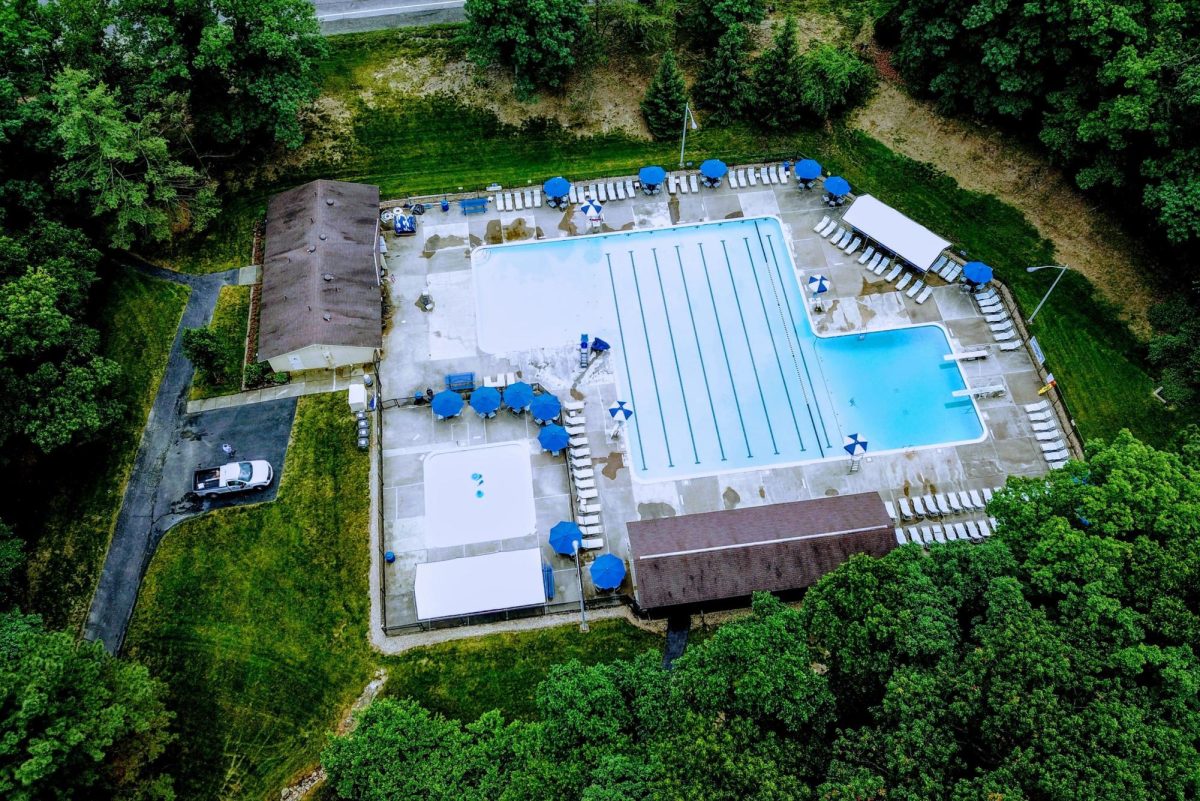Lifeguards play an important role in ensuring the safety of swimmers and beachgoers. They’re the people which non-swimmers and swimmers alike trust their lives with when in pools, beaches, lakes, etc. But residents in Woodbridge are getting concerned as the age requirements to be a lifeguard is getting younger. There is now an uprising discussion on whether it is good for teens to be lifeguards due to lack of maturity, skill requirement, and overall determination needed to be a lifeguard. But there are multiple benefits teens gain from doing this job that people don’t consider!
One factor that people are considering is the stress that comes with this job. Lifeguarding comes with a heavy weight of responsibility and requires constant vigilance. The amount of responsibility needed to ensure the safety and well-being of swimmers can create stress and anxiety for lifeguards. The constant surveillance of the water and swimmers requiring unwavering attention adds to the already built-up pressure. Teens are supposed to be having fun during the summer as it is their break from the stress school gives.
Residents also believe that some lifeguards don’t take their jobs seriously as they overlook the responsibilities that come with it. A regular at Springwoods Pool, Brianna Eggeman mentions her experience she had last summer that proves this point.
“Last year someone I knew was a lifeguard and they were very nice but most of the time they just talked with their friends in the pool and focused on them rather than watching their whole section of the pool, which could be a safety concern.”
She goes on to say, “all of the teen lifeguards I met last year were super friendly and got along well with the people at the pool.”
Overall residents believe that age affects and impacts their ability to fulfill their work duties because some are going to be more mature than others. But overall, most teens do their best on the job to make it fun and safe for everyone.
What people fail to consider is that while lifeguarding can be stressful for a teen, it also helps them not be cooped up inside on their electronic devices. Lifeguarding gives kids that opportunity to get some vitamin D! Marleigh Wilson, an experienced lifeguard said “enjoy being able to be outside in the sun all day. I also like helping the kids out with the area I work in.” Being outside during the summer provides opportunities for fun and relaxation but also offers numerous physical, mental, and social benefits for adolescents.
Prince William County states how lifeguarding teaches skills that could act as lessons for teens to take with them throughout life. The teachings of the importance of responsibility, leadership, communication, teamwork, and safety awareness are all factors that could be used in and outside the pool and that benefits them. These values will serve them well in various aspects of their lives.
Marleigh shared her story on a difficult experience she had while lifeguarding, “The one challenge I did experience was with parents or adults who thought they were above the rules. I had to calmly tell them what they couldn’t do while they threatened to get me fired. I blew my whistle and told him to put the ball away. When he didn’t the manager came over and took the ball away. He then proceeded to tell us he was going to get us fired. I just told him to leave and have a nice day.”
Having to deal with the trouble of trying to tell stubborn people that are above her age to follow the basic rules when in the pool teaches Marleigh the value of patience, assertiveness, quick problem-solving, and professionalism. Teens learning and developing these important skills at an early age helps them with future jobs and how to manage others in a more effective way.
Not only does it give them life skills and teaches them life lessons, but it also gives them memorable memories that they can keep with them, as a fun way to remember a good experience. For example, Marleigh mentioned her favorite memory
“My most memorable story was when the pool would close because of a thunderstorm, and we were all stuck in the guard house together. Those nights were always so fun.”
The benefits of being a lifeguard make many young individuals want to apply this summer. An upcoming lifeguard, Victoria Aponte says, “What motivated me to be a lifeguard was wanting to help others.” But those weren’t just empty words, the training was tough as she had to be able to swim a certain amount of laps and grab a 10-pound brick from the deepest park of her pool. But doing this only made her more motivated to achieve her goal.
The American Lifeguard Association in Virginia is a great association which offers teens different certificate programs and lifeguard training courses to help teen by showing the rigorous training and certification process required for this role, including specific age requirements and skill sets. But it acts as a test to see if the teen is capable for the job, allowing teens with the determination and strong willpower to be a lifeguard.
Victoria mentions, “In order to stay motivated and focused while working I always make sure that I’m getting enough rest, eating, and drinking water throughout my day. It’s always important to take care of yourself, especially when lifeguarding.” Not only does lifeguarding help teens get physically fit and healthy but strengthens their mental health like stress management, calmness under pressure, resilience, and focus and concentration. These benefits contribute to overall well-being and can help individuals develop important skills for navigating life’s challenges.
The American Red Cross Association’s goal is to assist in the prevention and responding to emergencies and to empower volunteers. They have two separate industry-leading programs prioritizing water safety and drowning. There is lifeguarding which has “more than 12,000 training providers use this program to train over 300,000 lifeguards every year.” And the Swimming and Water Safety Program which has nearly “3,500 aquatic facilities reaching around 2.5 million children and adults.” The Red Cross supports teens lifeguards through comprehensive training programs, certification courses, educational resources, and ongoing opportunities for skill development and community involvement.
While there is debate surrounding the suitability of teens as lifeguards, their role in ensuring the safety of swimmers and beachgoers remains vital. The stress and responsibility inherent in lifeguarding can be challenging for young individuals, yet it also offers them opportunities for personal growth and development. Lifeguarding teaches important life skills such as responsibility, leadership, problem-solving, and communication, which are valuable beyond the poolside. Despite concerns about maturity and oversight, many teen lifeguards approach their duties with dedication and enthusiasm, motivated by a desire to help others. With proper training and support from organizations like the American Red Cross and the American Lifeguard Association in VA, teens can thrive in this role, benefiting both themselves and their communities.










